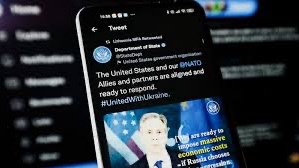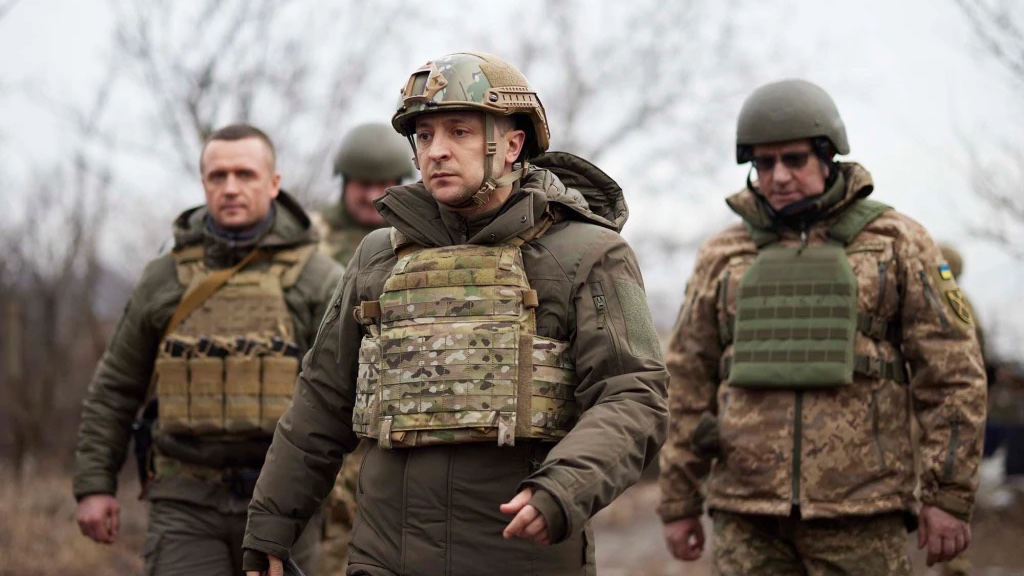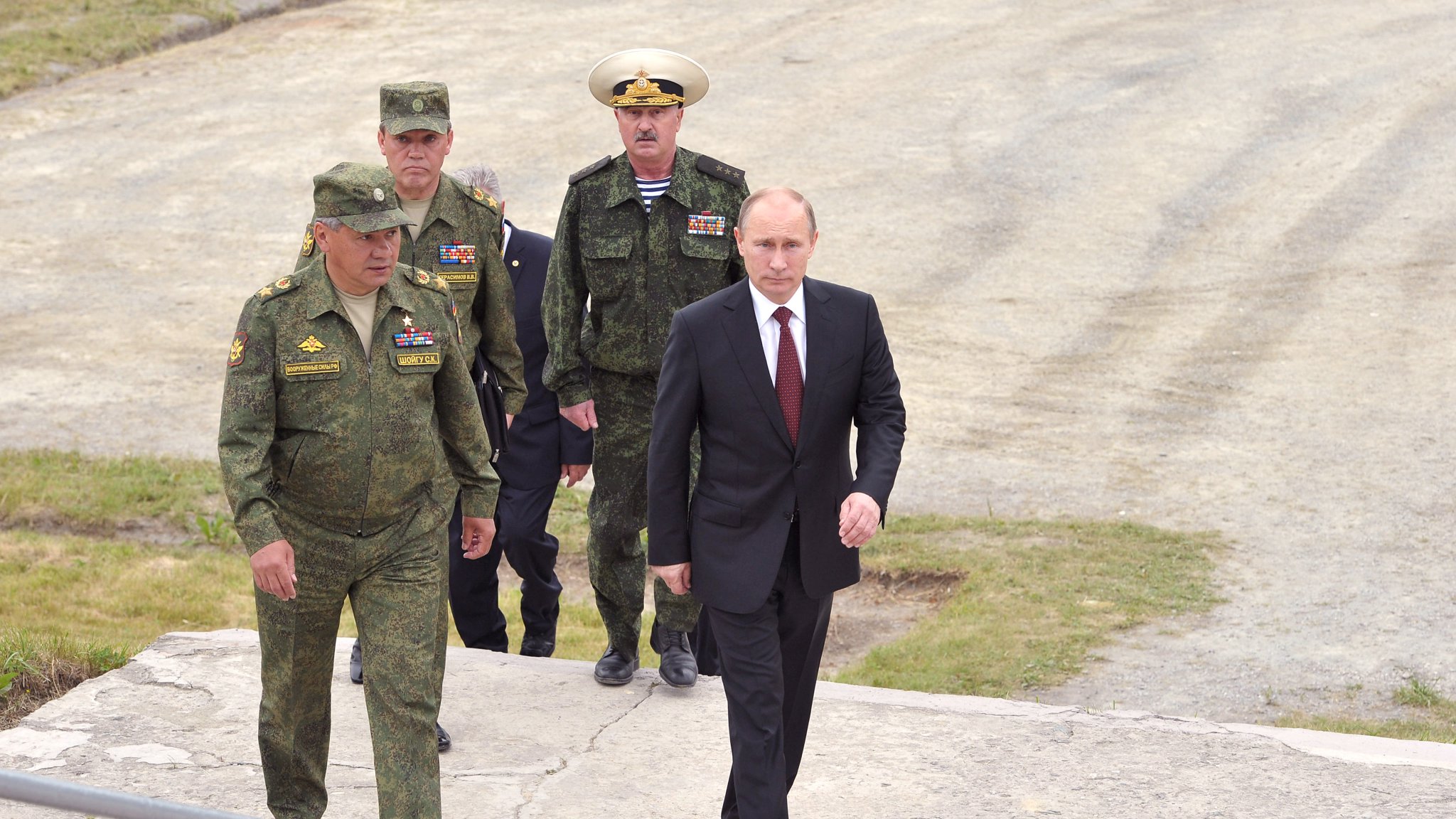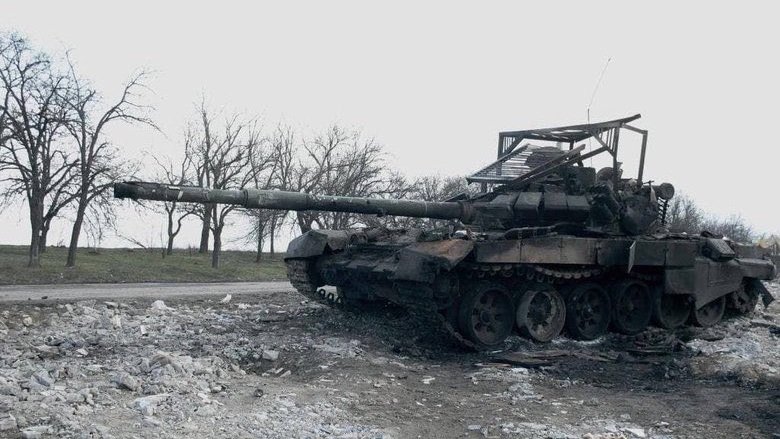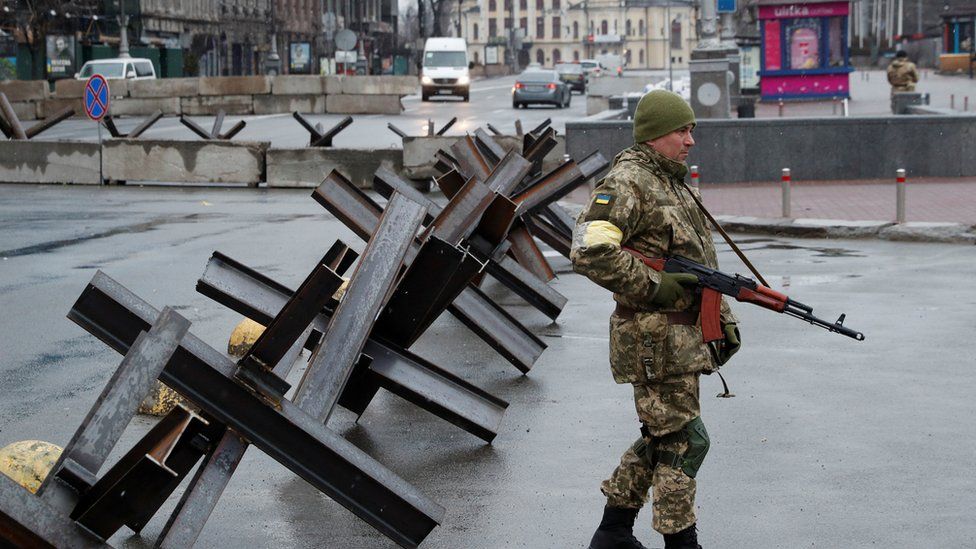Thread by Major General Mick Ryan
- Tweet
- Mar 9, 2022
- #Politics
Thread
Two weeks since the Russian invasion of #Ukraine began. Today I will examine the discovery of ‘old truths’ about war, and how it has impacted on leadership in this particular conflict. 1/25
2/25 As always, a shout out to those reporting on the Russian invasion. This includes @KofmanMichael @maxseddon @IAPonomarenko @RALee85 @shashj @DanLamothe @ikhurshudyan @IanPannell @defenceHQ @thestudyofwar @siobhan_ogrady
among others. Please follow them
among others. Please follow them
3/25 The Russian invasion has led to the kind war that many in western society had imagined they would not see in the 21st century. It has featured the large-scale use of what many call ‘conventional forces’, brutal combat, civilian deaths and the destruction of cities.
4/25 The last two weeks have also shown us (again) that ambiguity & uncertainty are central to warfare, regardless of how many tweets and TV reports we see.
5/25 The old idea of ‘fog of war’ has new meaning in a world where we can access all the information we desire and still be none the wiser about what is occurring in the war.
6/25 Because of this, we will also keep getting surprised. In war, surprise occurs at every level as the combatants seek new sources of advantage. The greatest source of advantage, in all forms of war and in every era of human existence, is good leadership.
7/25 This war has provided two very different examples of leadership in war. On one side, there is the Russian President, Vladimir Putin. Perched alone at the end of his long tables, he has presided over a disastrous invasion of Ukraine.
8/25 Putin's decision to go to war rested on three assumptions: that Ukraine was not a real nation; that the Ukrainian military could be quickly defeated; and, that the West would remain fragmented and not interfere with his invasion. Putin got all these assumptions wrong.
9/25 His miscalculations have led to a conflict that is ruinous for the Ukrainians, and disastrous for the Russian military, as well as the reputation and economy of his nation. And it could well also end his rule.
10/25 The other important leader in this war is President Zelensky. A former comedian, he was underestimated by Western leaders & analysts before the war. Since the invasion began, he has unified his people, exhorted courage from his military, & inspired observers globally.
11/25 President Zelensky has shown poise, bravery and led those who need him most – his people. In many respects, he has carried the weight of Ukraine on his shoulders. And he has reignited in many nations an understanding that freedom must be defended.
12/25 Zelensky’s determination and energy has seen the construction of an international regime of sanctions against Russia, massive amounts of lethal and non-lethal aid to Ukraine, and an outpouring of moral and diplomatic support from almost every nation on the planet.
13/25 Zelensky’s statements are becoming the stuff of legend. His words “I don’t need a ride, I need ammunition” electrified his soldiers and international observers. His recent speech to the UK parliament may become one of the great wartime speeches. www.youtube.com/watch?v=GavaV2cQEjw
14/25 Besides staying alive, Zelensky has big challenges before him. He must continue to leverage his domestic and international leadership skills to lead his nation while sustaining & expanding support for his nation. So far, he demonstrates the capacity to do this.
15/25 In the last 2 weeks, we have watched the birth of someone who might already be described as a fine wartime leader. The coming weeks, and the outcome of the war, will decide whether he is eventually a successful wartime leader. edition.cnn.com/2022/03/08/politics/zelensky-ukraine-churchill-what-matters/index.html
16/25 Without doubt, many national leaders in the West have looked at themselves in the mirror in the past two weeks and wondered if they could meet the extraordinarily high standard of leadership set by Zelensky. There is a new high bar for #leadership - the 'Zelensky test'.
17/25 A final leader deserving a mention is German leader, Olaf Scholz. On 27 Feb, his speech to a special sitting of the German Bundestag fundamentally changed the paradigm of German national security thinking, and German defense posture & resourcing.
18/25 He noted that “We are living through a watershed era...that means that world afterwards will no longer be the same as the world before.” He reawakened the determination to defend democracy in Germany, which will hopefully do so in many other nations. www.theatlantic.com/international/archive/2022/03/germany-putin-ukraine-invasion/623322/
19/25 Turning to military leadership. From the Ukrainians, we have seen the military implement a national military campaign that has, largely, seen their combat forces at the right place and time, with the right strength, to delay and defeat Russian tactical forces.
20/25 As I noted in a previous post, Russian military leadership by comparison to the Ukrainians has been found wanting. (Image - @CSIS)
21/25 It is unclear that the most senior military leaders, in their posturing around Ukraine’s borders before the invasion, actually wargamed worst case scenarios. This indicates a sloppy arrogance, and an uncaring attitude for the lives of their subordinates.
22/25 The Russian leadership appears to have misled its own soldiers about the invasion. This is morally reprehensible conduct from Russian military officers, and reveals Russian military culture as professionally corrupt. www.forbes.com/sites/craighooper/2022/03/01/shaken-russian-army-conscripts-make-perfect-targets-for-m...
23/25 Russian targeting of civilians is another example of slovenly and unethical Russian leadership. It demonstrates that the Russian political leadership is indifferent to the deaths of a neighbouring people, and is a callous, criminal form of senior military leadership.
24/25 I have led soldiers, and have often used this quote on the importance of leadership & military professionalism. Measured against this, the Ukrainian military have excelled. The Russian military, at every level, has so far failed in the supreme test of leadership - war.

